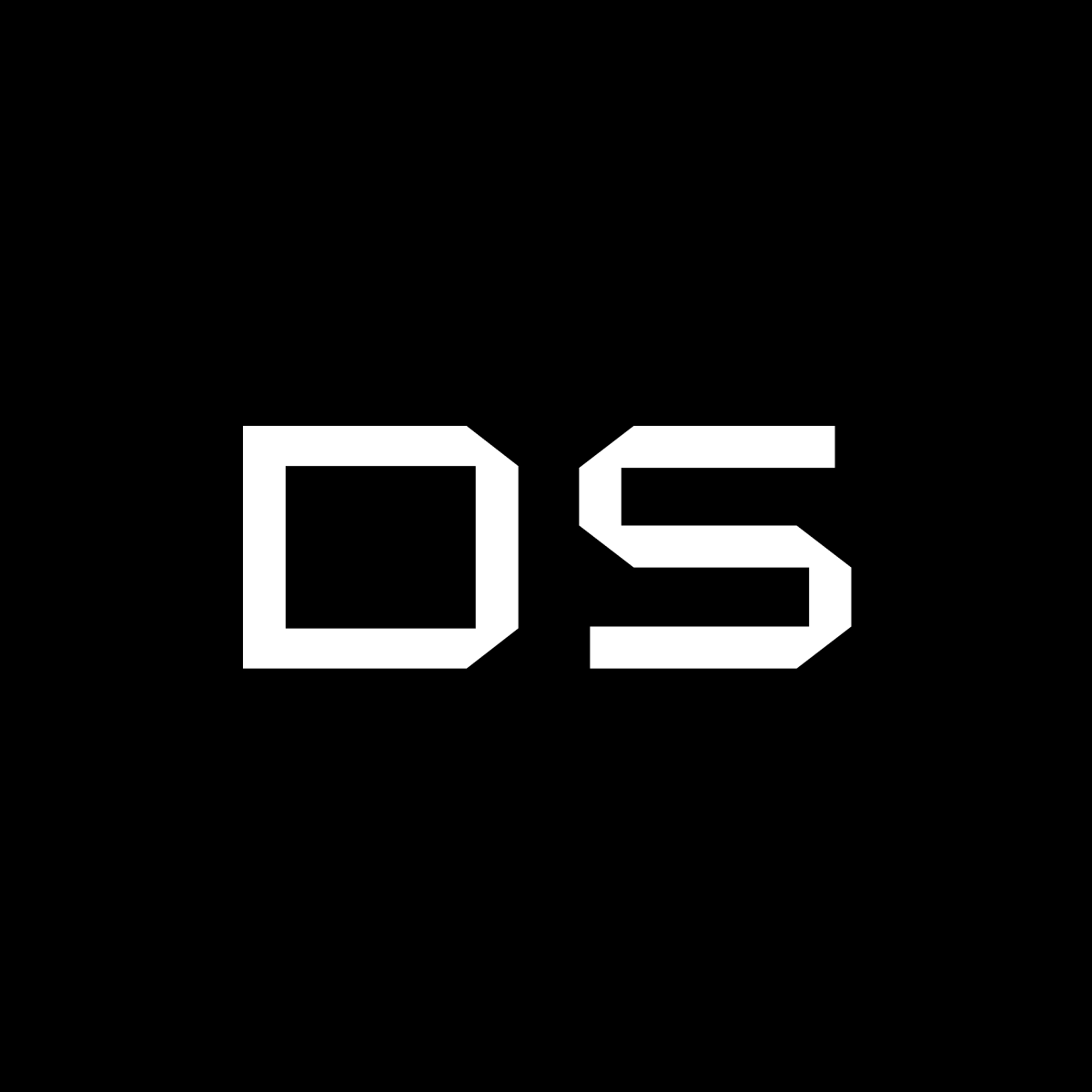Audio Presented by

DataStax, an IBM company, provides integrated AI dev platforms that let you harness data in your app without building a complex tool stack.
About Author
DataStax, an IBM company, provides integrated AI dev platforms that let you harness data in your app without building a complex tool stack.
